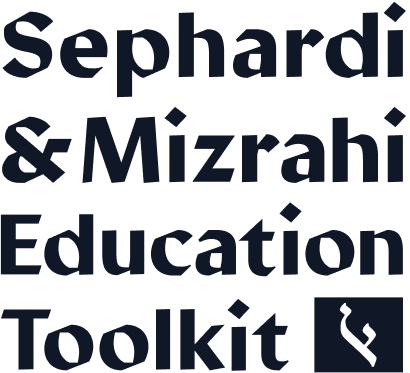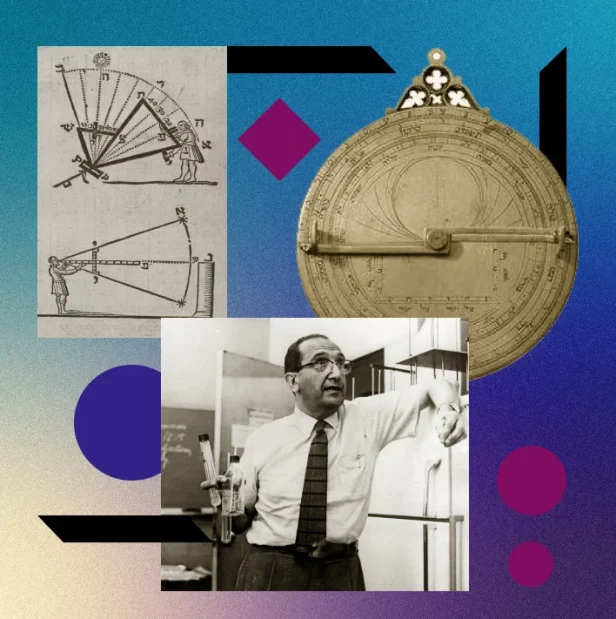Significant Jewish contributions to various scientific fields began to emerge after the eleventh century, notably in the Islamic West, driven by engagement with the scientific discourse of the Islamic world. In acknowledgment of their scientific accomplishments, all three of the following rabbis have lunar craters named after them in the Gazetteer of Planetary Nomenclature, as maintained by the International Astronomical Union.
Abraham ibn Ezra (1089 – 1167)
Abraham ibn Ezra was born in Tudela, Spain and traveled through Narbonne, Verona, London, Provence, Lucca, Mantua, and Rome. Ibn Ezra was a rabbi, a grammarian, a poet, a philosopher, and a scientist. His scientific contributions epitomize the manifestation of 'medieval Hebrew science,' whereby Jewish scholars embraced the holy tongue as a medium for articulating secular and scientific ideas.
Levi ben Gershon (1288 – 1344)
Levi ben Gershon, known as the RaLBaG, was born in Languedoc, France, and became an accomplished rabbi, mathematician, physician, and astronomer. His scientific contributions included astronomical models, tables for solar and lunar motion, an improved model for the astrolabe, and various astronomical instruments. Among these instruments, the Jacob Staff measured angles between celestial bodies and served as a navigational tool for sailors until the mid-eighteenth century.
Abraham Zacuto (1452 – c. 1515)
Abraham Zacuto was a rabbi, a mathematician, an astronomer, and a historian born in Salamanca, Spain. He enhanced the design of the copper astrolabe and improved the reliability of stellar calculations for navigation during sea voyages. Zacuto's astronomical tables, coupled with his innovative astrolabe model, proved invaluable to Christopher Columbus during his historic voyage across the Atlantic.
Rita Levi-Montalcini (1909 – 2012) of Turin, Italy was a physician and neurobiologist awarded with the Nobel Prize in Physiology or Medicine in 1986 for her discovery of nerve growth factor (NGF).
Salvador Luria (1912 – 1991) born in Torino, Italy was a microbiologist awarded with the 1969 Nobel Prize in Physiology or Medicine for his “discoveries concerning the replication mechanism and the genetic structure of viruses.”
Baruj Benacerraf (1920 – 2011) was born in Venezuela to a family of Algerian and Moroccan Jews. He was an immunologist awarded with the Nobel Prize in Physiology or Medicine in 1980 for discoveries concerning genetically determined structures on the cell surface that regulate immunological reactions.
Claude Cohen-Tannoudji (Algeria and France) was awarded the 1997 Nobel Prize in Physics for research in methods of laser cooling and trapping atoms.
Serge Haroche (Casablanca, Morocco and France) was awarded the 2012 Nobel Prize for Physics for his study of the particle of light, the photon.
Raphael Meldola (1849 – 1915) lecturer at the Royal College of Science, made crucial contributions to spectroscopy and led the British Eclipse Expedition to the Nicobar Islands in 1875. Later appointed Professor of Chemistry at Technical College, Finsbury, his multidisciplinary impact also extended to entomology and natural history.
Charles Palache (1869 – 1954) born in San Francisco, CA, and later associated with Charlottesville, Virginia, was a prominent American mineralogist and crystallographer, and was renowned for his contributions to the field.
Samuel Rahbar (1929 – 2012) born in Hamedan, Iran in 1929. The American Diabetes Association (ADA) honored Rahbar with a special National Scientific Achievement Award for his groundbreaking discoveries in diabetes research. This distinguished award is named the Samuel Rahbar Outstanding Discovery Award in recognition of his significant contribution.
Raphael Mechoulam (1930 – 2023) a Bulgarian-born Israeli organic chemist, and professor in the Department of Natural Materials at the School of Pharmacy in the Faculty of Medicine of the Hebrew University of Jerusalem. He received the Israel Prize for Chemistry Research in 2000 and the Harvey Prize for 2019-2020 for his significant contributions to the field.
Avshalom Cyrus Elitzur was born in Kerman, Iran in 1957. He received the Noetic Medal of Consciousness and Brain Research for his notable contributions to the cosmology of mind and Quantum Theory. Additionally, Elitzur is recognized as the founder of the Iyar, The Israeli Institute for Advanced Research.







